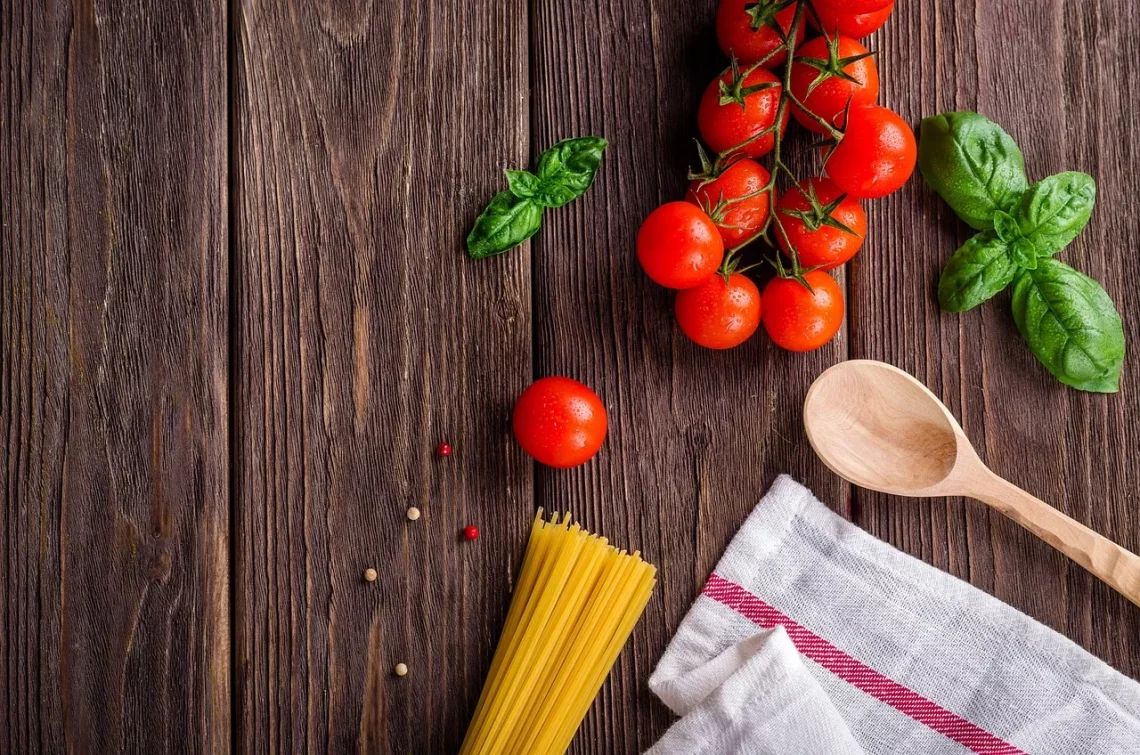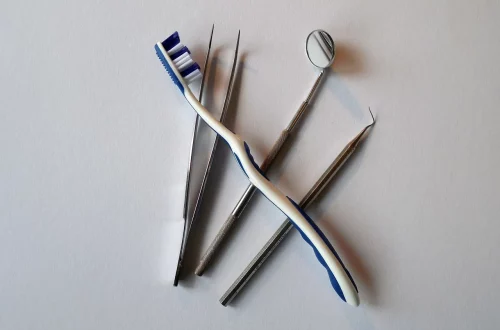
Best Pet Food Options for Your Chow Chow: A Complete Guide
When it comes to owning a Chow Chow, understanding their unique dietary needs is essential for ensuring their health and happiness. This breed is known for its distinctive appearance and independent personality, which makes them a wonderful companion. However, their dietary requirements can sometimes be overlooked or misunderstood, leading to various health issues. Proper nutrition is not just about feeding your pet; it’s about providing them with the right balance of nutrients to support their overall well-being.
A Chow Chow’s diet should be rich in high-quality protein, healthy fats, and essential vitamins and minerals. These dogs are prone to certain health conditions, including hip dysplasia and skin allergies, which can be exacerbated by poor nutrition. Therefore, selecting the right pet food is crucial. The options available in the market can be overwhelming, with various brands and types claiming to offer the best nutrition.
Understanding the nutritional needs specific to Chow Chows, along with their weight management and food preferences, can make a significant difference in their quality of life. So, let’s dive into the best pet food options for your Chow Chow, ensuring they receive the nutrition they deserve for a happy and healthy life.
Understanding Chow Chow Nutritional Needs
The Chow Chow has a unique set of nutritional requirements that stem from its breed characteristics. These dogs are known for their sturdy build and thick fur, which necessitates a diet tailored to their specific needs. A balanced diet is crucial for maintaining their energy levels and overall health.
One of the primary components of a Chow Chow’s diet should be high-quality protein. Protein is vital for muscle development and maintenance, especially for a breed known for its strength. Look for dog foods that list meat, such as chicken, beef, or lamb, as the first ingredient. This ensures that your Chow Chow is receiving adequate protein to support its active lifestyle.
In addition to protein, healthy fats are essential for maintaining healthy skin and a shiny coat. Omega fatty acids, particularly Omega-3 and Omega-6, support skin health and can help reduce inflammation. Ingredients like fish oil or flaxseed oil are excellent sources of these beneficial fats.
Chow Chows are also prone to obesity, so monitoring their caloric intake is vital. Opt for dog foods formulated for weight management if your Chow Chow tends to gain weight easily. These foods usually contain fewer calories while still providing essential nutrients, helping maintain a healthy weight without sacrificing nutrition.
Vitamins and minerals play a crucial role in your dog’s health as well. Make sure the food you choose includes a balance of essential vitamins, such as A, D, E, and K, along with minerals like calcium and phosphorus, which are critical for bone health.
Lastly, don’t forget to consider your Chow Chow’s individual preferences and any sensitivities they may have. Some Chow Chows may have food allergies or intolerances, so it’s always a good idea to introduce new foods gradually and monitor for any adverse reactions.
Types of Dog Food: Dry vs. Wet
When selecting food for your Chow Chow, one of the most significant decisions you will face is whether to choose dry kibble or wet canned food. Each type has its advantages and disadvantages, and understanding these can help you make an informed choice.
Dry dog food, or kibble, is often the more popular option among pet owners. It is convenient, easier to store, and generally more cost-effective than wet food. Kibble can also help maintain dental health, as the crunchy texture can reduce tartar buildup. Moreover, high-quality dry foods are nutritionally balanced and can provide all the essential nutrients your Chow Chow needs.
On the other hand, wet dog food has its own set of benefits. It is often more palatable for dogs, which can be beneficial for picky eaters or those with dental issues that make chewing difficult. Wet food contains higher moisture content, which can help keep your Chow Chow hydrated, especially if they are not drinking enough water.
However, wet food can be more expensive and has a shorter shelf life once opened. Additionally, it may not provide the same dental benefits as dry kibble.
Many pet owners opt for a combination of both wet and dry food, allowing them to enjoy the advantages of each. This mixed feeding strategy can keep your Chow Chow interested in their meals and ensure they receive a balanced diet. Whichever option you choose, always consult with your veterinarian to ensure it meets your Chow Chow’s specific nutritional needs.
Top Brands for Chow Chow Nutrition
With countless dog food brands available, it can be challenging to identify the best options for your Chow Chow. However, several reputable brands stand out for their commitment to high-quality ingredients and balanced nutrition.
One popular choice is **Royal Canin**, which offers breed-specific formulas designed to meet the unique needs of Chow Chows. Their products are tailored to support skin health and maintain a healthy weight, making them an excellent option for this breed.
**Hill’s Science Diet** is another trusted brand known for its scientifically formulated recipes. They provide options specifically for large breed dogs, ensuring that your Chow Chow receives the right balance of nutrients for their size and activity level.
**Blue Buffalo** is a brand that focuses on natural ingredients and avoids artificial preservatives and fillers. Their formulas often include real meat, whole grains, and fruits and vegetables, providing a well-rounded diet for your Chow Chow.
**Wellness CORE** is also noteworthy, especially for those looking for grain-free options. This brand emphasizes high protein content and includes a variety of nutrient-rich ingredients to support overall health.
Lastly, **Orijen** is known for its high-quality, biologically appropriate foods that mimic a dog’s natural diet. Their recipes contain a high percentage of real meat and whole foods, making them an excellent choice for ensuring your Chow Chow receives optimal nutrition.
Before choosing a brand, it’s crucial to read labels and understand the ingredients. Consulting with your veterinarian can also provide valuable insights tailored to your Chow Chow’s specific health needs.
Feeding Guidelines and Portion Control
Feeding your Chow Chow the right amount of food is just as important as the quality of the food itself. Overfeeding can lead to obesity, which can exacerbate health issues prevalent in this breed. Therefore, understanding portion control and feeding guidelines is essential.
Most dog food brands provide feeding guidelines based on your dog’s weight and age. These guidelines are a good starting point, but individual needs may vary. Factors such as activity level, metabolism, and overall health can influence how much food your Chow Chow should consume.
As a general rule, adult Chow Chows typically require about 20 to 30 calories per pound of body weight per day. For example, a Chow Chow weighing 60 pounds might need between 1,200 to 1,800 calories daily, depending on their activity level. Puppies will require more calories per pound to support growth and development.
To manage portion sizes effectively, consider using a measuring cup to ensure you are providing the correct amount of food. Divide their daily intake into two or three meals to help maintain energy levels and promote better digestion.
Additionally, monitor your Chow Chow’s weight and body condition regularly. If you notice significant weight gain or loss, adjust their food intake accordingly. Regular exercise is equally important; ensure your Chow Chow gets enough physical activity to maintain a healthy weight.
Always keep fresh water available, as hydration is a crucial component of your dog’s diet. If you have concerns about your Chow Chow’s diet or weight, consult your veterinarian for personalized advice.
—
**Disclaimer:** This article is for informational purposes only and does not constitute medical advice. If you have any concerns about your Chow Chow’s health, please consult a veterinarian for professional guidance.




